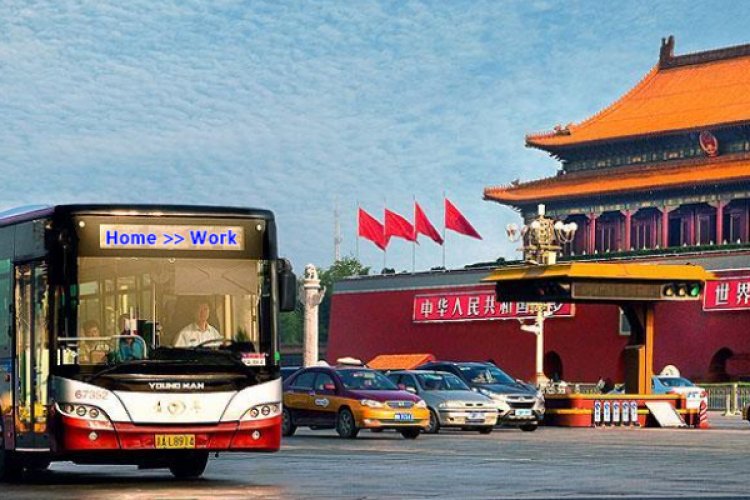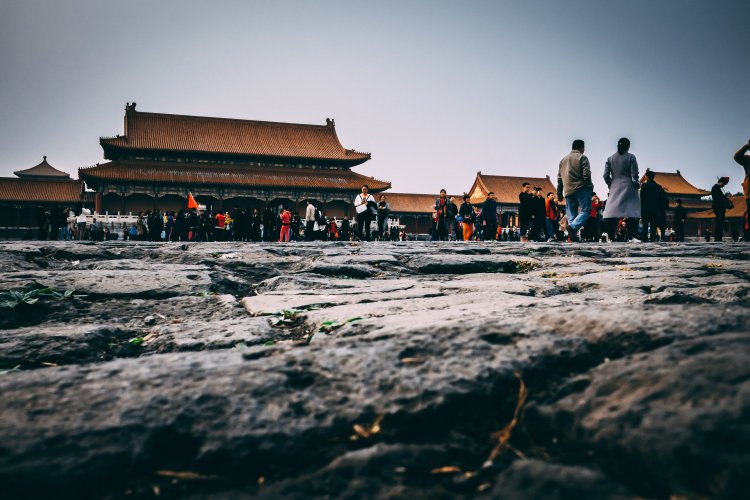Tension Rises in Beijing's South Korean Community as THAAD Missile Dispute Intensifies
Rising nationalistic sentiment due to the deployment of a US missile system on South Korean soil is beginning to make South Koreans residents of Beijing nervous.
"[Discrimination against South Koreans is] becoming a bigger issue as time goes by,” said Rachel Yoon, a South Korean graduate of Beijing Foreign Studies University who works in Beijing.
Another South Korean, a four-year resident of Beijing who asked to remain anonymous, said that she is now afraid to speak Korean in taxis out of fear of discrimination. She added that a friend who had been planning to study in China is now having second thoughts.
One restaurant in Beijing's Wangjing neighborhood, home to a large percentage of Beijing's Korean population, has even hung a sign on its window stating "We do not Serve South Koreans’ ‘本店恕不接待韩国人 běndiàn shù bù jiē dài hánguó rén’ in both Chinese and Korean.
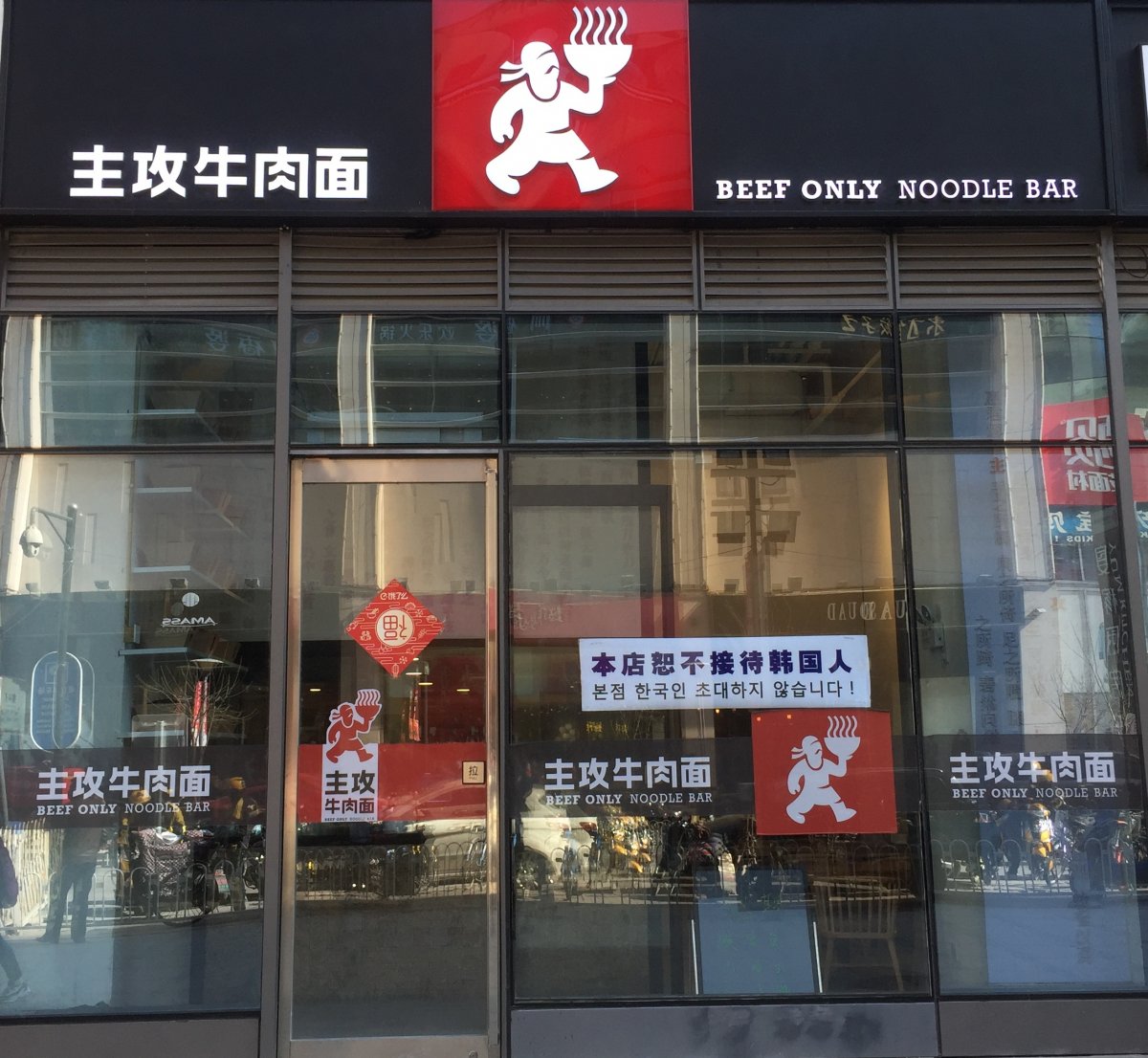
The manager of the restaurant, surnamed Che, said he is simply standing up for his country. “I wish for a peaceful resolution, but until then, Korean customers are not welcome.” Che said.
Yoon believes that China is not being fair by retaliating in non-diplomatic ways, for instance, attacking South Korean businesses and tourism. The South Korean government claims that Chinese authorities have told Chinese travel agencies to stop selling trips to South Korea; since that time, Chinese tourism to the normally popular destination has collapsed.
China has made it clear that it vehemently opposes THAAD, warning South Korea to "act cautiously and properly tackle the issue."
Che's sign is just one example of how anti-South Korean sentiment in China has grown more palpable as the dispute over THAAD has intensified.
On March 5, initial protests were mostly targeted towards Korean supermarket chain Lotte Mart, the owner of the land that THAAD is to be deployed on.
China was outraged, and reacted by forcing the closure of 23 Lotte Mart stores across the country, and halting the construction of a Lotte theme park in China's northeastern city of Jilin.
Officials attributed the closings of the Lotte stores as failure to comply with fire safety regulations, though it's hard to believe the timing is merely coincidence.
READ: Chinese Travel Ban Ridiculed on Twitter: "Come to Korea Where There are No Chinese"
However, not all Beijing business owners are concerned. One South Korean restaurant owner near Liangmaqiao, surnamed Lim, says that his business has been unaffected. “This is a problem between governments,” Lim said, “not people to people.”
However, Mr Lim does acknowledge that the situation has caused some amount of fear amongst South Koreans in China.
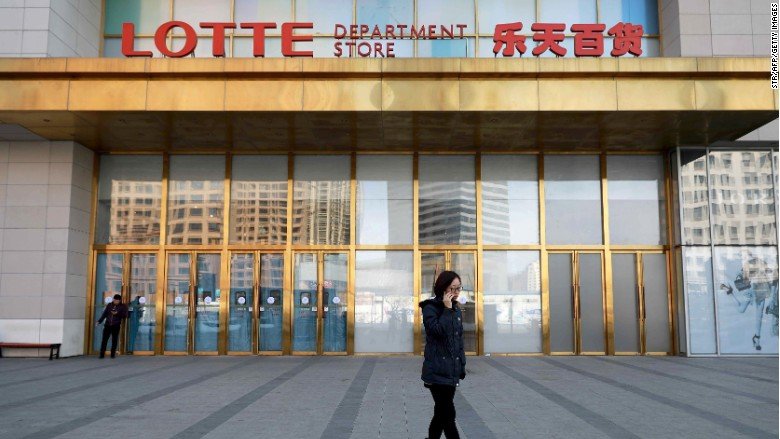
South Korea is not the first country to feel the pinch of China’s diplomatic wrath. French businesses (mainly Carrefour) were targeted because of an incident prior to the 2008 Olympics, and Japanese-owned businesses were targeted in 2012 as a result of ongoing territorial disputes with China.
For now it's not clear when this new round of anti-Korean protests and sentiment will wane, as it's more than likely that THAAD is here to stay. We can only hope that the diplomatic situation China and South Korea improves soon not only for the sake of good neighborly relations, but also so we can go back to enjoying our K-pop and Korean barbecue in peace.
Read more articles by this author here.
Related stories :
Comments
New comments are displayed first.Comments
![]() admin
Submitted by Guest on Wed, 03/15/2017 - 09:49 Permalink
admin
Submitted by Guest on Wed, 03/15/2017 - 09:49 Permalink
Re: Tension Rises in Beijing's South Korean Community as...
Say what you will about Lotte supermarkets in China, but my guess is if they all close, there's a lot fewer Chinese making money off of running Lotte supermarkets in China
![]() PatrickLi
Submitted by Guest on Tue, 03/14/2017 - 07:14 Permalink
PatrickLi
Submitted by Guest on Tue, 03/14/2017 - 07:14 Permalink
Re: Tension Rises in Beijing's South Korean Community as...
This is so disgraceful. Such a national shame. The state is clearly manipulating behind the scene. Using populism as a leverage is both disgraceful and dangerous.
![]() Kyle Mullin
Submitted by Guest on Mon, 03/13/2017 - 16:15 Permalink
Kyle Mullin
Submitted by Guest on Mon, 03/13/2017 - 16:15 Permalink
Re: Tension Rises in Beijing's South Korean Community as...
I really wish you'd get deported, Tim.
![]() Tim USA
Submitted by Guest on Sat, 03/11/2017 - 20:27 Permalink
Tim USA
Submitted by Guest on Sat, 03/11/2017 - 20:27 Permalink
Re: Tension Rises in Beijing's South Korean Community as...
death to the dog eaters!!!!!!!!!!!!!!!!!!!!! send them all back,, increase their rent levels, confiscate all their property,,, deport them all....
![]() charlesliu
Submitted by Guest on Fri, 03/10/2017 - 15:55 Permalink
charlesliu
Submitted by Guest on Fri, 03/10/2017 - 15:55 Permalink
Re: Tension Rises in Beijing's South Korean Community as...
Elderly Beijing men are promoting the Korean boycott through their favorite hobby:

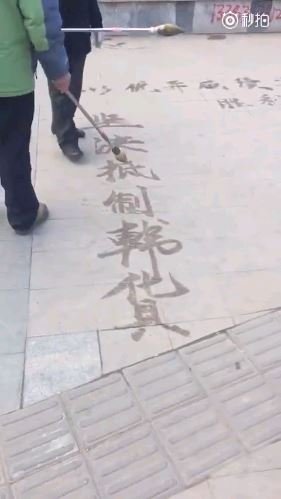
Validate your mobile phone number to post comments.


